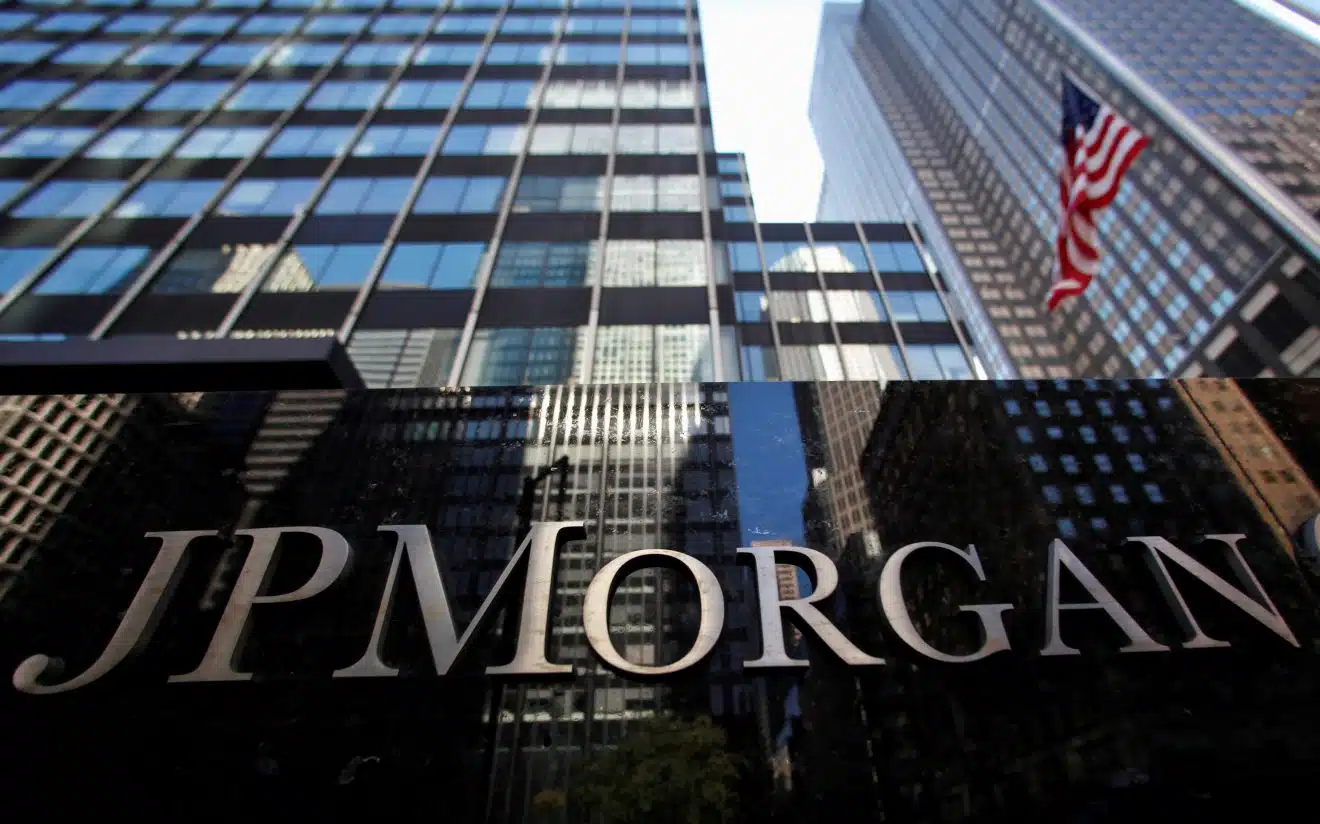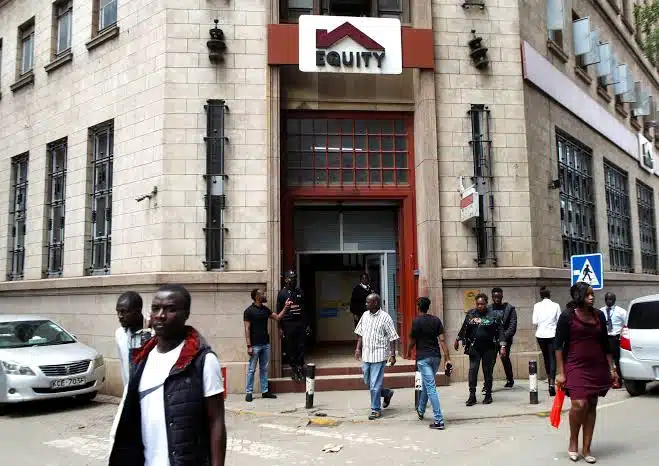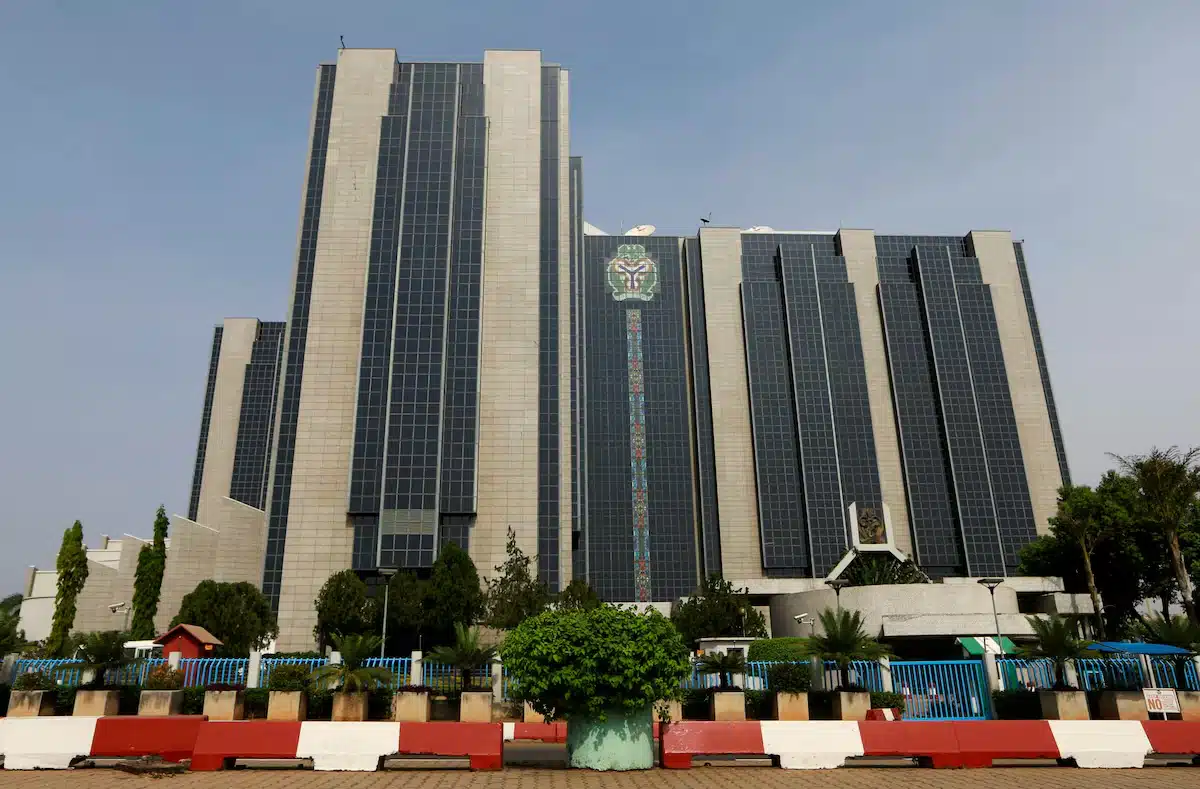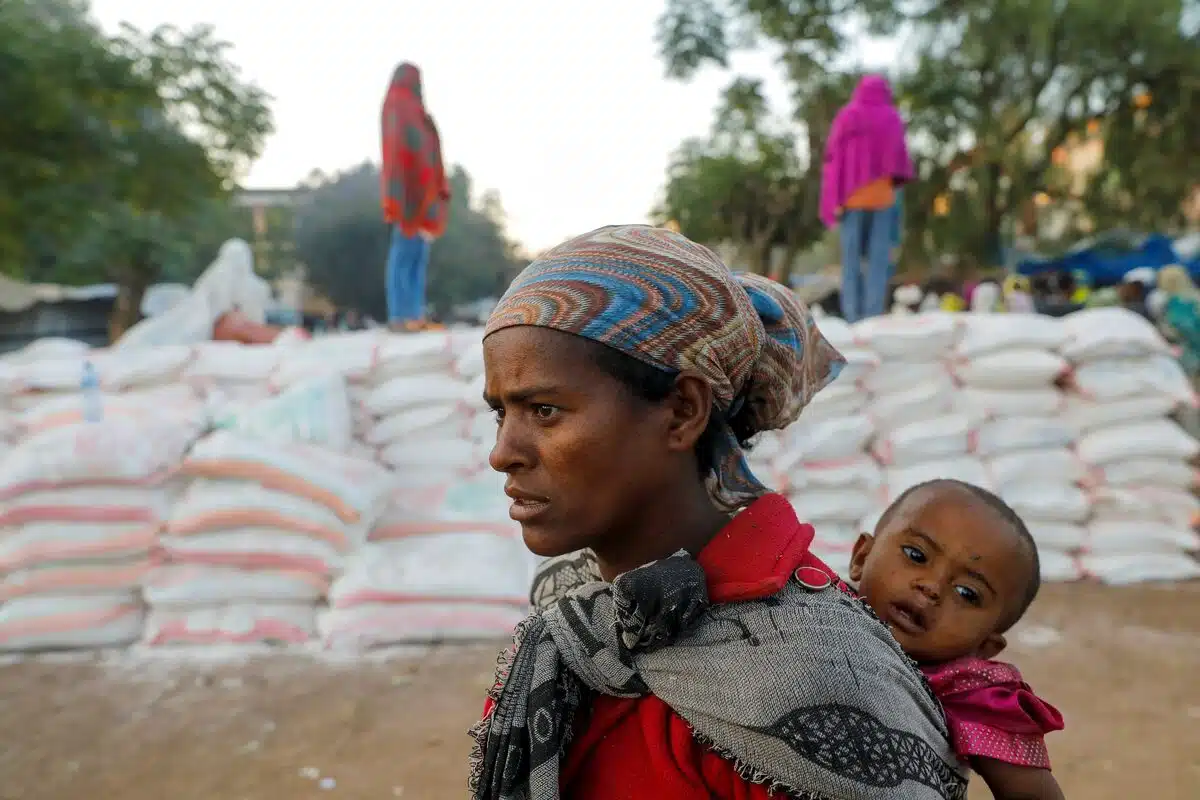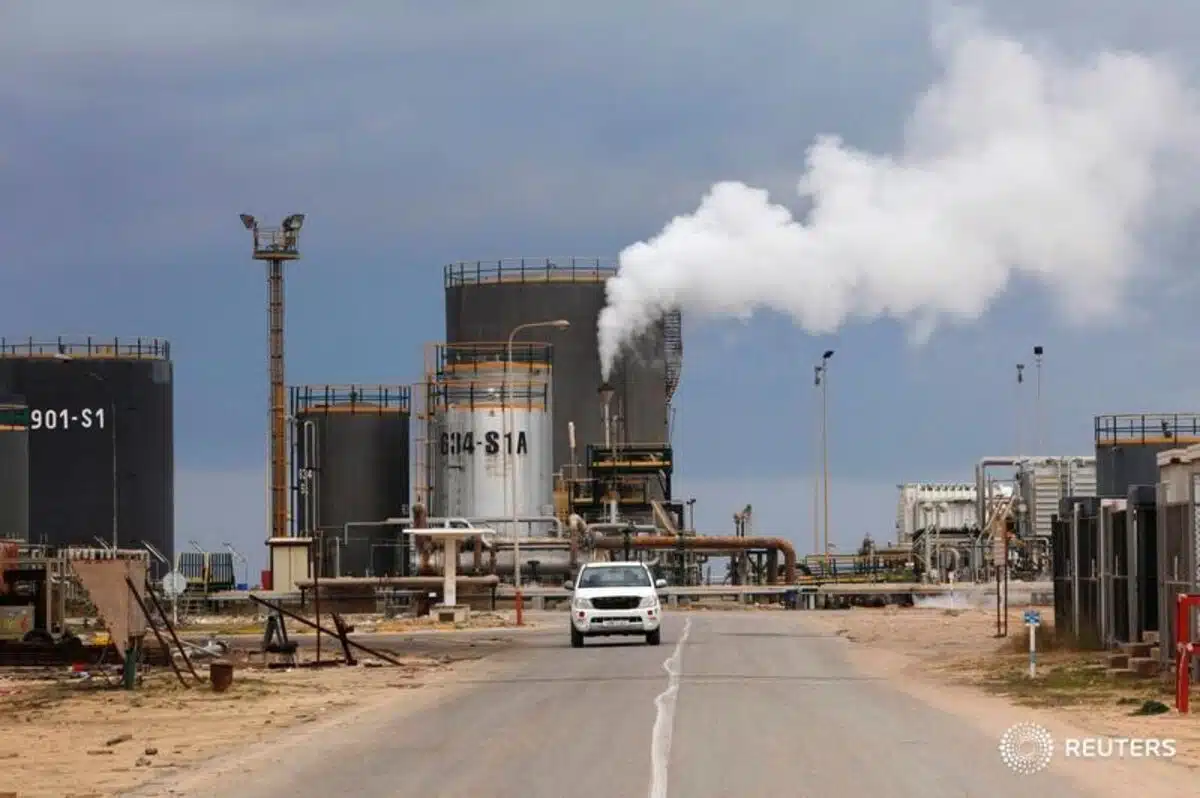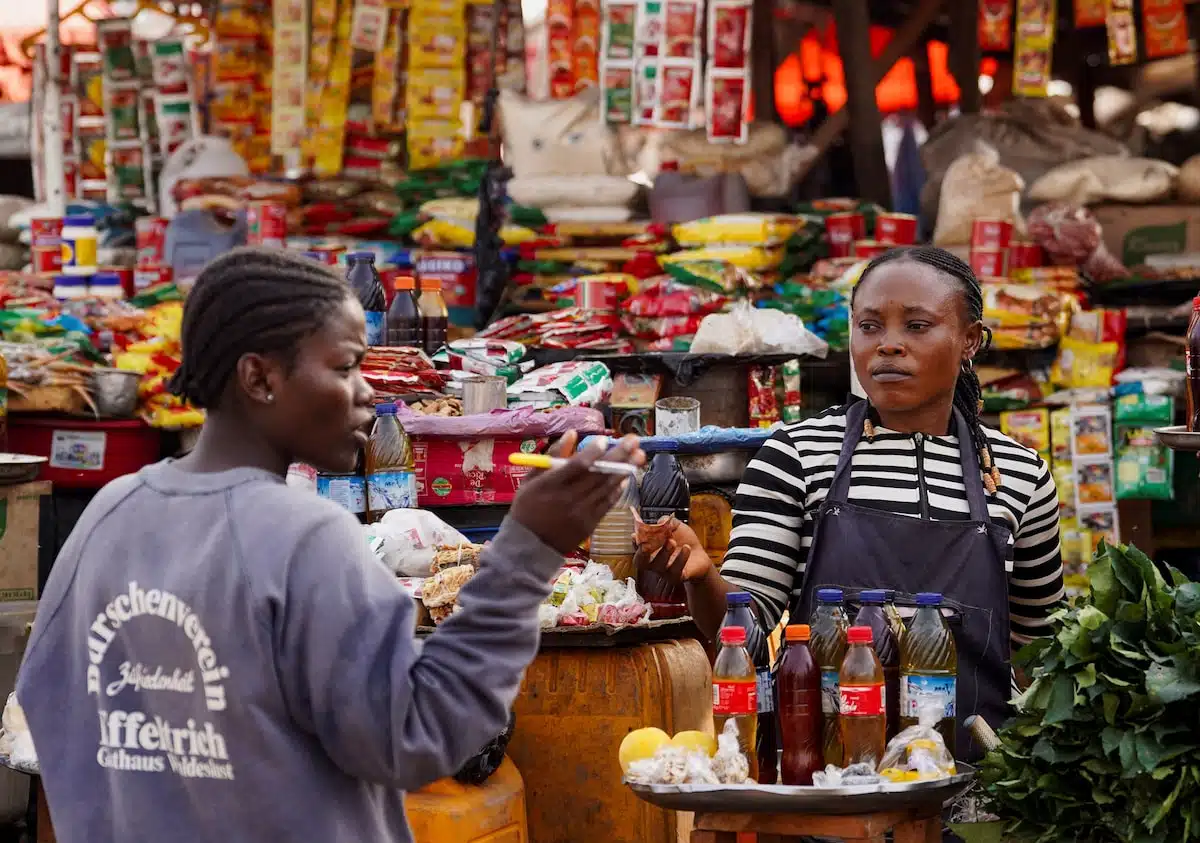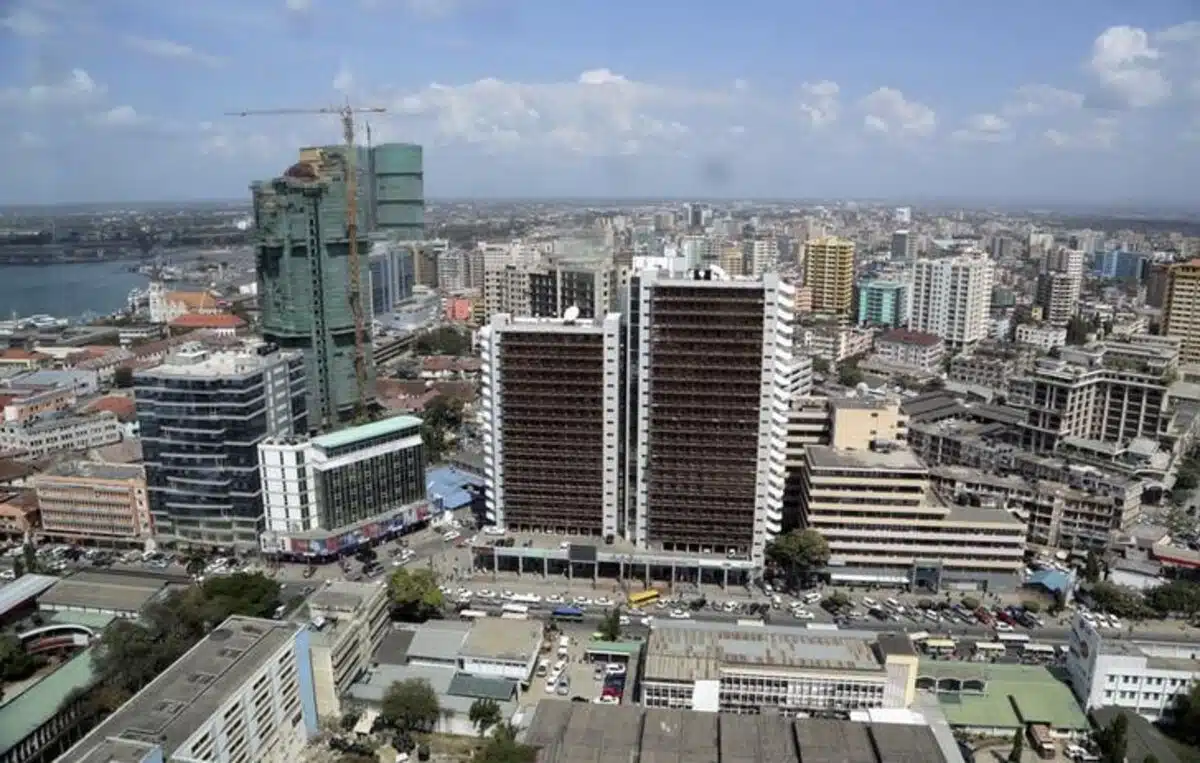After years of advising on Eurobonds from a safe distance, JP Morgan has decided to open a full-fledged branched office in Nigeria. The Wall Street giant will be converting its Lagos rep office to a full-service branch. It has applied to the Central Bank of Nigeria for a merchant banking license.
The New York giant, led locally by Dayo Olagunju, isn’t just here to advise anymore. JP Morgan wants to move beyond advisory and asset management into dollar loans for Nigeria’s largest companies.
The bank has been subtly showing its intent. In mid-October, CEO Jamie Dimon made a rare visit to Nigeria, sitting down with Central Bank Governor Olayemi Cardoso. The trip was part of a broader African swing that included South Africa—where JP Morgan already runs a full subsidiary—and Kenya, another market where the bank is actively expanding.
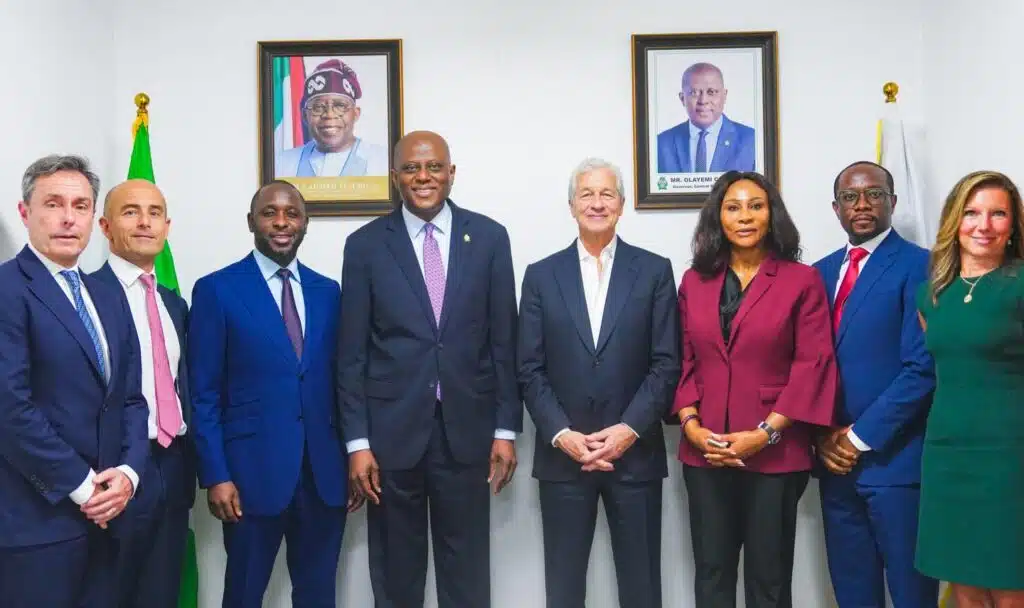
A return for JP Morgan
If this feels like new territory for JP Morgan, it’s not. The bank—and its predecessor firms—have done business with Nigeria before.
In the year Nigeria got Colonial Independence, a Chase subsidiary helped organise Nigerian Textile Mills in Lagos, the first major private industrial project with American participation. A year later, Chase Manhattan opened a full commercial banking branch in Lagos.
By 1975, Morgan Guaranty Trust (a JP Morgan predecessor) had partnered with the Nigerian Industrial Development Bank to form Icon Ltd., a merchant bank in Lagos. In 1978, it joined a US$1 billion syndicate loan to help fund Nigeria’s infrastructure boom.
Even after the big U.S. banks began pulling out of frontier markets in the 1980s, Chase kept a rep office in Nigeria, opened formally in 1982, and maintained a presence through limited mandates.
In 2007, JPMorgan issued its first Depositary Receipts for a Nigerian company—Guaranty Trust Bank. By 2014, it had co-financed a $100 million loan to the Africa Finance Corporation, alongside the U.S. Overseas Private Investment Corporation.
From Eurobonds to everything
Fast forward to 2024, and JP Morgan is again a familiar name in Nigerian financial headlines. When Nigeria raised $2.2 billion in Eurobonds last December—its first such issuance since 2022—JP Morgan was right there, alongside Citi and Goldman Sachs.
But all of that happened from afar. Now, JP Morgan plans to enter the business of merchant banking—asset management, treasury services, capital markets, and eventually, corporate lending.
So, why now?
Call it strategy, or simply the next logical step in a global search for yield. Africa—especially Nigeria, Kenya, and Côte d’Ivoire—is fast becoming a priority for global banks repositioning for long-term growth. Nigeria, with its massive population, deep energy sector, and a sizeable pool of underbanked corporates, remains the crown jewel. But increasingly, Côte d’Ivoire and Kenya are being treated as nodes of financial opportunity, not just regional outposts.
A quiet race is unfolding. JPMorgan Chase, no longer content with brokering offshore deals, has announced its intent to establish physical operations in Kenya and Côte d’Ivoire, with plans to expand further every few years.
Citi, with deep presence in 16 African countries, continues to support hundreds of corporates and governments across the region. Standard Chartered, an experienced player in the African market, is streamlining operations—pulling back from some smaller retail markets to double down on cross-border corporate services.
While Goldman Sachs hasn’t set up shop in East Africa yet, its recent partnership with the IFC to back women-led businesses signals a growing appetite for deeper engagement on the continent.
What does it mean for Nigeria?
From a business perspective, more competition should, in theory, mean better service for corporations and government agencies. Nigerian banks will need to step up. Regulatory clarity might improve. And the financial ecosystem gets a little more global, which is good news for businesses trying to raise millions for major infrastructure projects.
JP Morgan is banking on the country’s long-term resilience. This move could also attract other institutional players back to Lagos, changing how foreign capital views risk in Sub-Saharan Africa.
Cautious optimism
Yes, the naira has stabilised. After the naira float in 2023, and a turbulent 2024, Nigeria’s currency markets have calmed. The CBN has shown more transparency, and parallel market rates are closely tracking official ones for the first time in years. For a global bank, that’s reassuring—but not foolproof.
There’s still FX illiquidity. Repatriation challenges remain. Infrastructure is uneven. Regulation can still blindside you. And setting up a profitable, resilient branch operation in Lagos is a lot more complex than underwriting a Eurobond.
Bottom line
JP Morgan is finally coming to play on Nigerian soil. Not just as a broker of debt, but as a participant in the financial system. It’s a bet that Nigeria’s long-term potential outweighs its short-term chaos.
And if all goes well, the next time Nigeria raises a billion dollars, JP Morgan might not just structure the deal—they might be lending from their own Lagos desk.

